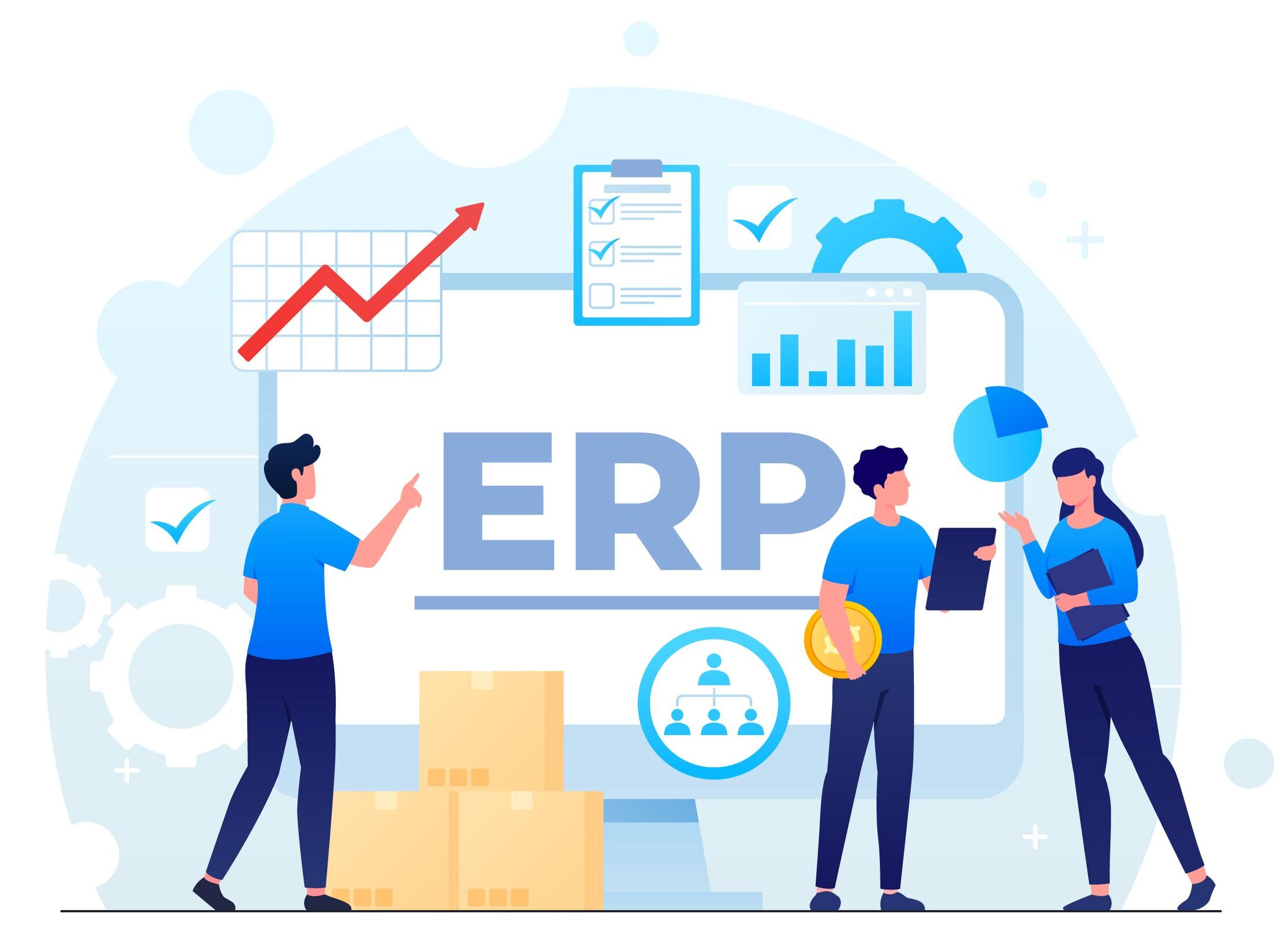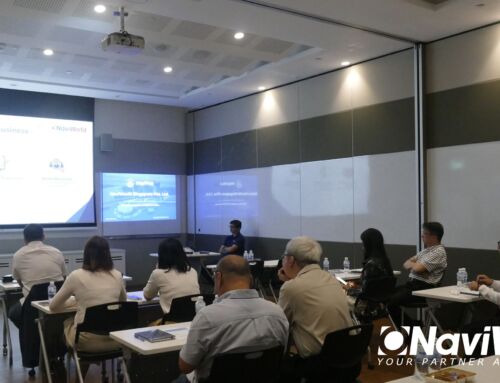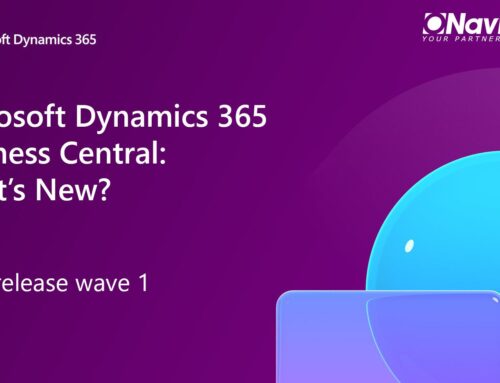The countless digital transformations in recent years have brought about rapid change in Singapore and paved the way for many businesses of all scales to gain from implementing Enterprise Resource Planning (ERP) systems to improve their business models. Be it looking for your first ERP software, or selecting your next ERP system, we have compiled five essentials tips on how to choose the right ERP for your business.
While ERPs are extremely useful in improving work processes and implementing data automation, it is no longer a matter of whether to invest in ERP systems or not, but rather, how to know if your business is ready for it.
1. Define and Understand Your Needs
Before diving into the selection process, it’s crucial to have a clear understanding of your business requirements. Consider the following questions to help identify the specific features and capabilities you need in an ERP system:
- What are the primary challenges your business is currently facing?
- Which processes need improvement?
- What are your short-term and long-term business goals?
- What are some of the current pain points and improvements needed for existing processes?
During the process of choosing the right ERP system for your organisation, you will have to know the ins and outs of your business processes like the back of your hand. Be sure to know how business processes such as purchasing and inventory management are being handled currently to find out which ERP is optimised for the functionality you need.
With this information on hand, you can then proceed to look for suitable ERP systems with add-on modules such as Point of Sales (POS) systems, Power BI/Jet Reports Analytics Tools or customer service modules your business requires to compare with the different ERP systems available in Singapore.
2. Evaluate ERP Features and Functionalities
Once you have a clear understanding of your requirements, the next step is to evaluate the features and functionalities of various ERP systems. Some of the key features of an ERP to consider include:
- Comprehensive financial management capabilities (e.g., general ledger, accounts payable and receivable, budgeting, fixed assets etc.)
- Robust supply chain management (e.g. inventory control, order processing and procurement)
- Customer relationship management (CRM) functionalities to manage customer data, sales processes and marketing campaigns
- Advanced reporting and analytics capabilities essential for making informed business decisions
3. Scalability and Flexibility
While choosing the ideal ERP system for your organisation, you should know how you would like to see your business grow in the next couple of years. Are there any plans for expansion outside of Singapore? If your answer is yes, it is ideal to look for a solution that offers flexibility in terms of user additions, module expansions, and integration with other systems. One such example is the Microsoft Dynamics 365 Business Central cloud-based ERP solution, designed to grow and scale with your business.
If your business deals with numerous vendors and suppliers on a regular, factor in the technical capabilities of your vendors, find out if they will be able to keep up with the change in processes or have the ability to implement similar processes to complement yours.
4. Cost and ROI
The next step to choosing the right ERP for your business is to understand the costs involved with such implementations. While cost should not be the only factor in your decision, it is important to understand the total cost of ownership of any ERP system. Consider both the upfront costs and ongoing expenses, including licensing fees, implementation fees, support and maintenance, and training. Implementing an ERP system is a significant investment, especially for Small and Medium Enterprises (SMEs). While it is essential to manage costs, focus on the potential return on investment (ROI). A well-implemented ERP system can streamline operations, reduce errors, and provide valuable insights, ultimately leading to cost savings and increased revenue.
Get up to 50% funding for your ERP project
Find out what are the types of government grants and local SMEs support available and if your business qualifies for them here.
5. Evaluate Vendor Support and Reputation
Choose an ERP vendor with a solid reputation and a proven track record of successful implementations. Good vendor support is crucial for a smooth implementation process and ongoing maintenance. Microsoft, with its extensive partner network, provides excellent support and resources to ensure the success of your ERP implementation. By teaming up with an ERP vendor who specialises in your industry, like NaviWorld Singapore, we will be able to provide you with industry-specific solutions while embracing and accommodating your unique needs.
Find Your Ideal ERP System with NaviWorld
Every business faces its own set of challenges, and no two business processes will be exactly the same. Choosing the right ERP system is an important decision that can significantly impact your business’s efficiency and growth.
By understanding your business requirements, evaluating ERP features and functionalities, considering scalability, and assessing costs, you can make an informed decision. Microsoft Dynamics 365 Business Central stands out as a robust, flexible, and user-friendly ERP solution that can meet the needs of businesses of all sizes. With the right ERP system in place, you can streamline your operations, improve productivity, and drive your business forward.
If you would like to know more on how to choose the right ERP for your business, contact us today!




